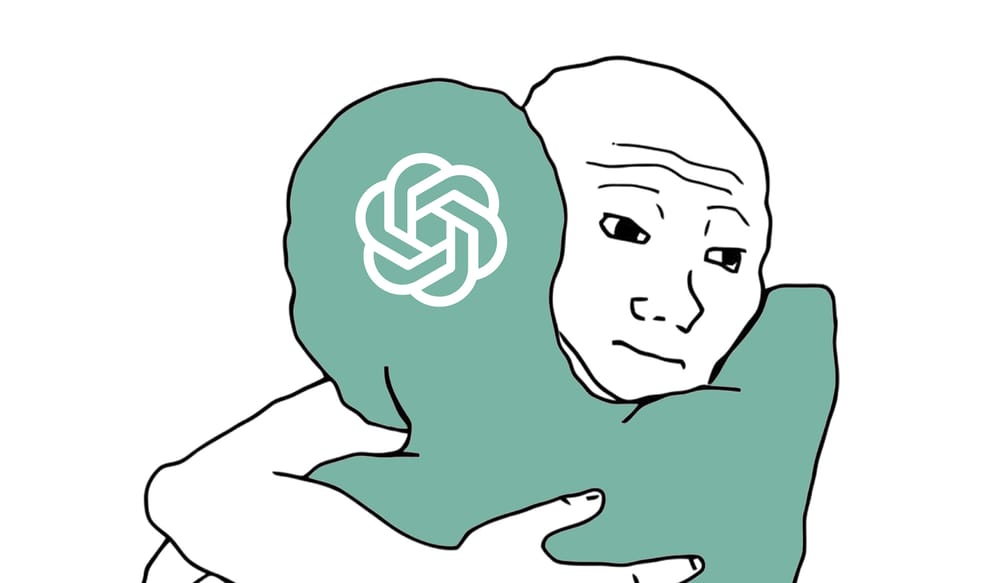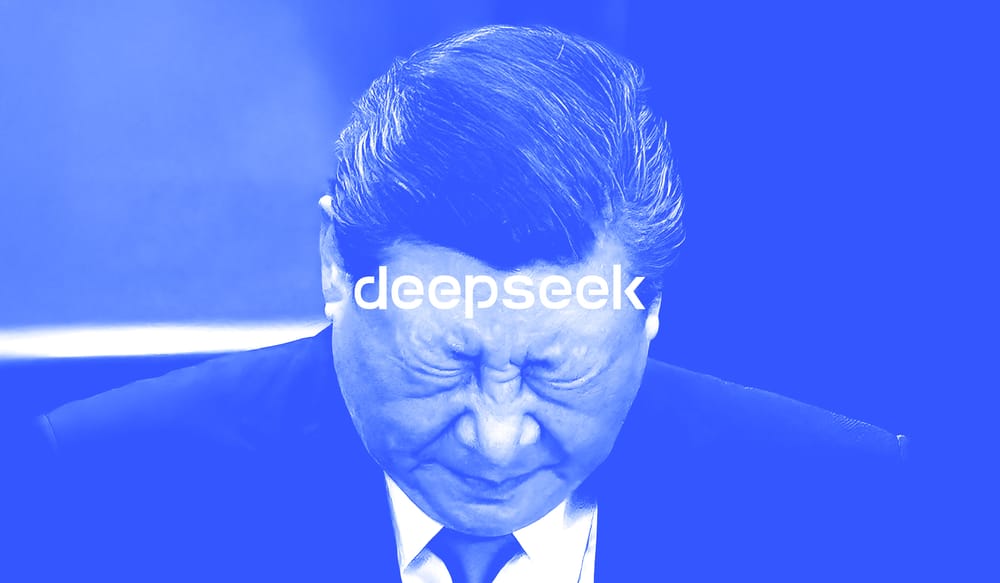Piracy is a dirty word in Silicon Valley, especially as nobody wants to openly admit that the entire American tech industry has been built on it.
Copying digital assets without permission has long been frowned upon and fought by individual creators as well as huge software development companies alike.
But the practical reality is that, contrary to what they usually claim, in many (maybe even most) cases it's a victimless crime.
It's not like car theft, where the criminal deprives you of your property. If you copy images, software, games, music, video, the author won't even know that you did. It can be infinitely multiplied.
Of course, I'm not arguing here that you should, especially if you're the final consumer of the value provided by it. In such a case you should absolutely pay.
The obvious consequence of most people not paying for something someone else made is that the authors are deprived of a reward for their work while you enjoy its benefits (e.g. when you're watching a film). This should not be.
However, this distinction isn't always so clear, as exhibited by Google's former CEO, Eric Schmidt, who stated the following during his talk at Stanford:
"I was not arguing that you should illegally steal everybody’s music — what you would do if you’re a Silicon Valley entrepreneur, which hopefully all of you will be, is if it took off, then you’d hire a whole bunch of lawyers to go clean the mess up, right?
But if nobody uses your product, it doesn’t matter that you stole all the content."
When you're in the process of building a business you don't know yet whether it's going to be successful at all. And if, like AI companies, you need access to insane amounts of data, it would be both deeply impractical and prohibitively expensive to acquire it all "by the book" when you don't even know if what you're doing yields any return.
If you failed and the content proved useless to achieving the goals, it's hard to argue that you illegally benefited from its use. At the same time, the fact that you did hurt absolutely nobody.
Many creators tend to have an overly inflated view of the value of their work. Sheer access to it may not be beneficial to whoever acquires it, so expecting them to pay in all circumstances is not only silly: it hurts your own interests too.
When the victim benefits
Of course it doesn't negate any future claims one may have against pirates should they become successful – but in such a case you should rather be happy that they did, because now you can actually get paid. It's a win-win situation.
Schmidt was being chastised for it and the recording from the talk was taken down already, but when you look closely he didn't really say or advise anything deeply immoral.
The irony of Silicon Valley is that if it wasn't for piracy – in some cases encouraged by the very companies which claimed to have been affected by it – many big brands would never have been built.
Both Microsoft and Apple ripped off the Graphic User Interface design ideas that Gates and Jobs saw first at Xerox PARC.
In subsequent years Windows had become the dominant operating system of nearly all personal computers, thanks to the fact that it was illegally copied by the millions all over the world, becoming a universal standard, allowing Microsoft to sell even more software – this time at full price.

The same can be said of Adobe and its suite of design programs, once obscenely expensive and widely pirated, only to become the default choice for all design firms in the world.
Having grown up in the 1990s in post-communist Eastern Europe, I can assure you that almost nobody I knew bought legal software at the time. We couldn't afford it. But as we all kept using it, it entrenched itself and we ultimately settled the bill as our economy – and lives – improved.
Piracy helped to establish outright software monopolies, providing unrestricted market verification of the product, ultimately benefiting both those who pirated and those who made the product.
Today AI companies are going through the same cycle, as they rip whatever they can digitally rip off on the internet, while building viable products worth billions of dollars – and only then settling their bill with the help of a legal team.
In the process they're pushing the boundaries of human capabilities. How could we fault them for it?









